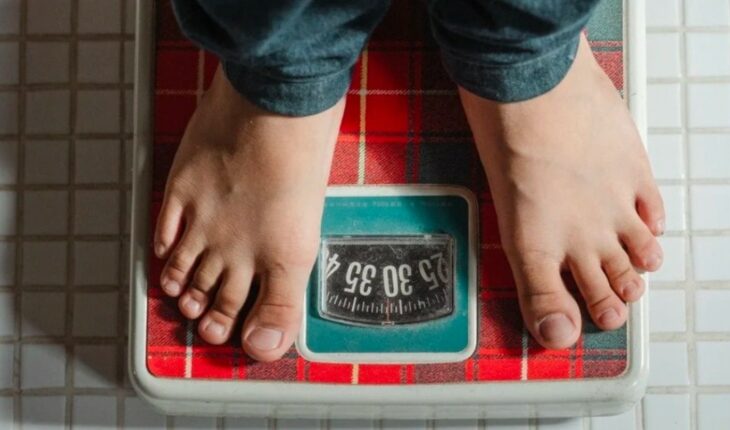If we start from the base, we must understand adolescence as a complex stage, full of contradictions, where the adolescent – in this phase of transition between childhood and adulthood – must in principle go through the normal duels that this cycle entails, where the search for identity; The need for independence and self-assertion are one of the many challenges he must face. Their peer groups become their referents and their acceptance by this nucleus is fundamental. The body is no stranger to these modifications, since it begins to experience hormonal changes accompanied by a sexual explosion, generating physical and psychological changes. In the adolescent who suffers from obesity, his body image, his self-esteem, is affected, with a tendency often to isolate himself. In this isolation he often finds refuge in food, generating a deep emotional discomfort, accompanied by stress, anxiety, depression, added to a poor image of himself, with the consequent feeling of inferiority, experience of rejection and marginality. The cost of this isolation added to the non-establishment of sleep routines, lead to sedentary lifestyle, with the addition of other technological facilitators, video games, computers, cell phones, televisions, which would further increase their inactivity. Many of them not only carry stigmatization or have been victims of bullying in their childhood with the consequent detriment to their academic and social performance, but every adolescent who suffers from obesity is more likely to develop obesity in adulthood. Within this context of transition and changes, the adolescent is a fertile ground to develop disorders in their eating behavior, namely: binge eating, anorexia and bulimia. That is why from psychology, in his intervention, it is necessary not only to approach the adolescent but also to include the family approach. When we find a teenager ‘adrift’, without adequate family support, it becomes a vulnerable terrain for the development of any abusive behavior. The question that arises is, if as parents we are educating by example, do we adopt healthy habits? Do we encourage them to adopt a correct and adequate diet? Do we generate spaces for physical activity? Perhaps we can think of it as a common space and why not, shared. From psychotherapy, through cognitive behavioral techniques, we work on the incorporation of healthy habits such as food re-education, physical activity and managing emotions in a more adaptive and functional way; helping to identify thoughts, behaviors, inappropriate habits and resistance to them, giving patients the necessary tools to achieve greater resources and better adherence to treatment.Lic. Silvana Czerwacki Psychologist medical center Bionut @bionut_obesidad M.N. 20.087
How does obesity psychologically impact adolescents?
November 12, 2022 |





